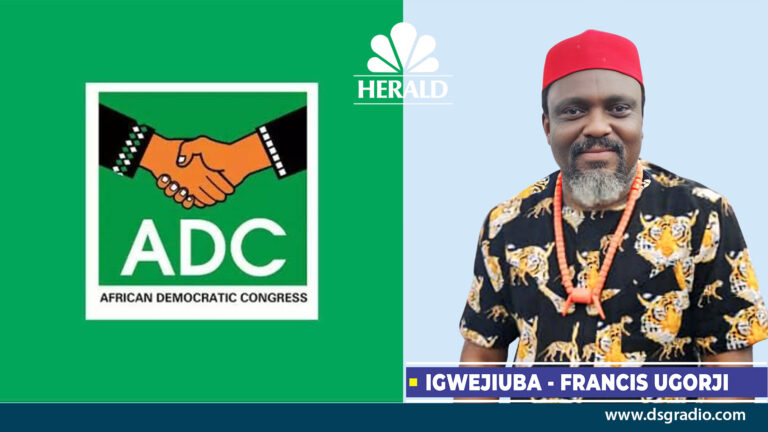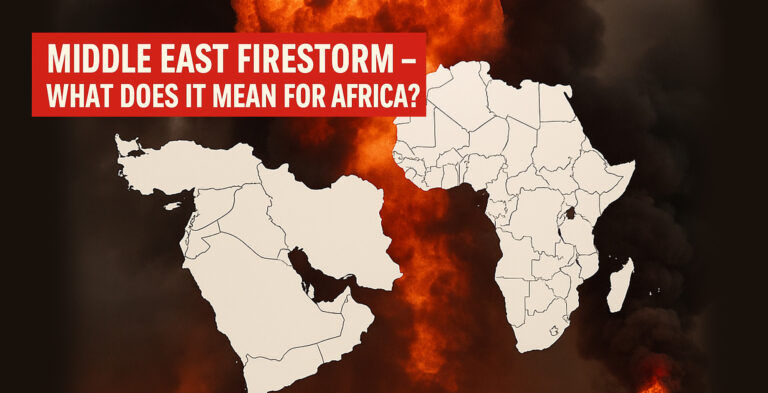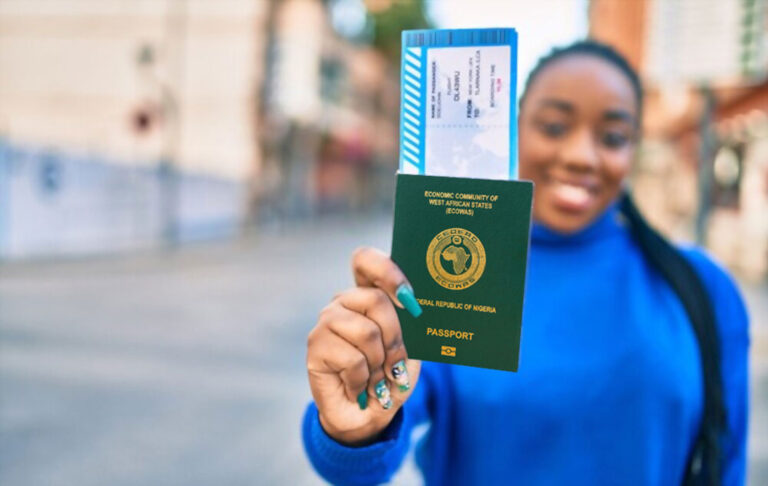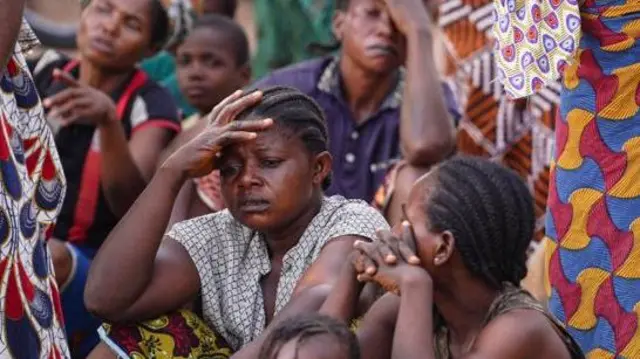
International Women’s Day 2025: A Global Celebration of Progress and Challenges
As the world marks International Women’s Day (IWD) 2025, millions are coming together to celebrate progress, highlight achievements, and renew calls for gender equality. The event, held annually on March 8, shines a spotlight on the vital role of women in shaping societies while acknowledging the persistent barriers they face.
This year’s theme, “Inspiring Inclusion”, reflects the urgent need for collective action in dismantling gender discrimination and ensuring women’s full participation in all aspects of life—from politics and business to education and technology.
Celebrations Across the Globe
In Nigeria, Ghana, and South Africa, women leaders are organizing conferences, rallies, and mentorship programs to support young girls in leadership and STEM fields. In Lagos, the Women in Leadership Summit features keynote speakers such as successful entrepreneurs and policymakers discussing strategies to close the gender gap.
Meanwhile, in Kenya, grassroots movements are pushing for increased female representation in government, with a focus on policies that support maternal healthcare, equal pay, and protection against gender-based violence.
Europe: Advancing Workplace Equality
In London and Berlin, major corporations are announcing new diversity and inclusion policies. Companies like Google, Apple, and Siemens are introducing initiatives to promote equal pay and flexible work arrangements for working mothers.
The European Parliament is also expected to discuss legislative measures aimed at strengthening parental leave policies and combating workplace discrimination.
Asia: Empowering Women in Tech and Business
Countries like India, Japan, and China are placing a spotlight on women in technology and entrepreneurship. Tech giants in Bangalore and Shanghai are hosting hackathons and networking events for female coders, while local governments are launching grant programs to support women-led startups.
In Pakistan and Afghanistan, activists are using the occasion to advocate for girls’ education, calling for increased investment in school infrastructure and digital learning resources.
The Americas: Political and Social Activism
In the United States and Canada, thousands are participating in marches and discussions on reproductive rights, equal wages, and leadership representation. The UN Women Summit in New York is bringing together global policymakers to review progress on the UN’s Sustainable Development Goals (SDGs) related to gender equality.
In Latin America, women’s groups in Brazil and Argentina are rallying against gender-based violence, demanding stricter laws and better enforcement of existing protections.
Spotlight on Women Breaking Barriers
International Women’s Day 2025 also recognizes exceptional women who have defied the odds and made history in their respective fields. Among them are:
- Ngozi Okonjo-Iweala (Nigeria) – The first African woman to lead the World Trade Organization (WTO), advocating for economic policies that uplift women entrepreneurs.
- Katalin Karikó (Hungary) – A scientist whose research was instrumental in mRNA vaccine development, saving millions of lives.
- Malala Yousafzai (Pakistan) – A Nobel Laureate continuing her work in girls’ education advocacy, particularly in war-torn regions.
- Amanda Gorman (USA) – A young poet and activist using her voice to inspire movements for racial and gender equality.
Challenges That Remain
Despite notable progress, gender inequality remains a global challenge. The World Economic Forum’s 2025 Global Gender Gap Report warns that at the current pace, it will take over 130 years to achieve full gender equality worldwide. Key issues that persist include:
- Gender Pay Gap – Women still earn, on average, 20% less than men for the same roles in many industries.
- Political Underrepresentation – Women hold only 26% of parliamentary seats globally, limiting their influence in policymaking.
- Violence Against Women – Reports indicate that 1 in 3 women globally experience physical or sexual violence in their lifetime.
- Limited Access to Education – In some regions, girls are twice as likely as boys to be denied an education due to cultural and economic barriers.
Call to Action: What Comes Next?
Leaders, activists, and communities are using International Women’s Day 2025 as a rallying point to demand urgent reforms. Key recommendations include:
- Governments: Implement stronger policies on equal pay, parental leave, and workplace rights.
- Businesses: Increase women’s representation in leadership roles and invest in mentorship programs.
- Individuals: Support women-led initiatives, challenge biases, and advocate for change within communities.
As celebrations continue worldwide, one message remains clear—achieving gender equality is not just a women’s issue but a global necessity. The fight for inclusion, fairness, and opportunity for all must continue beyond March 8, 2025.



